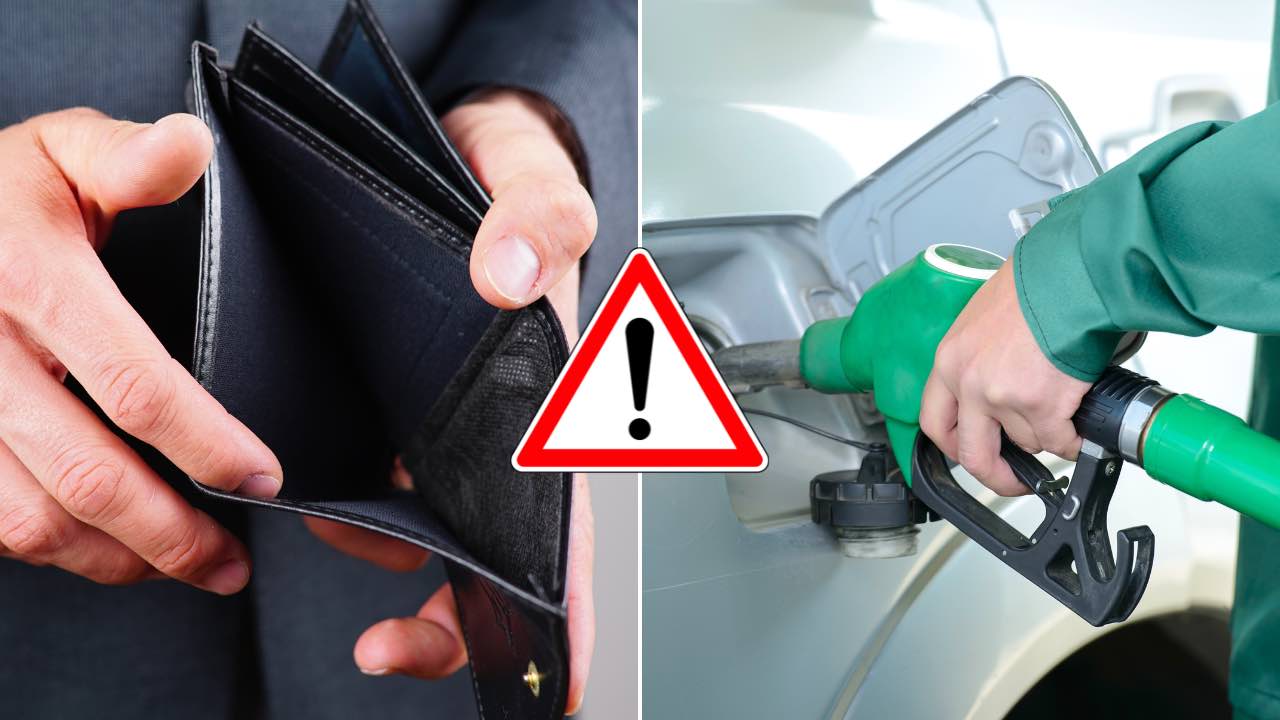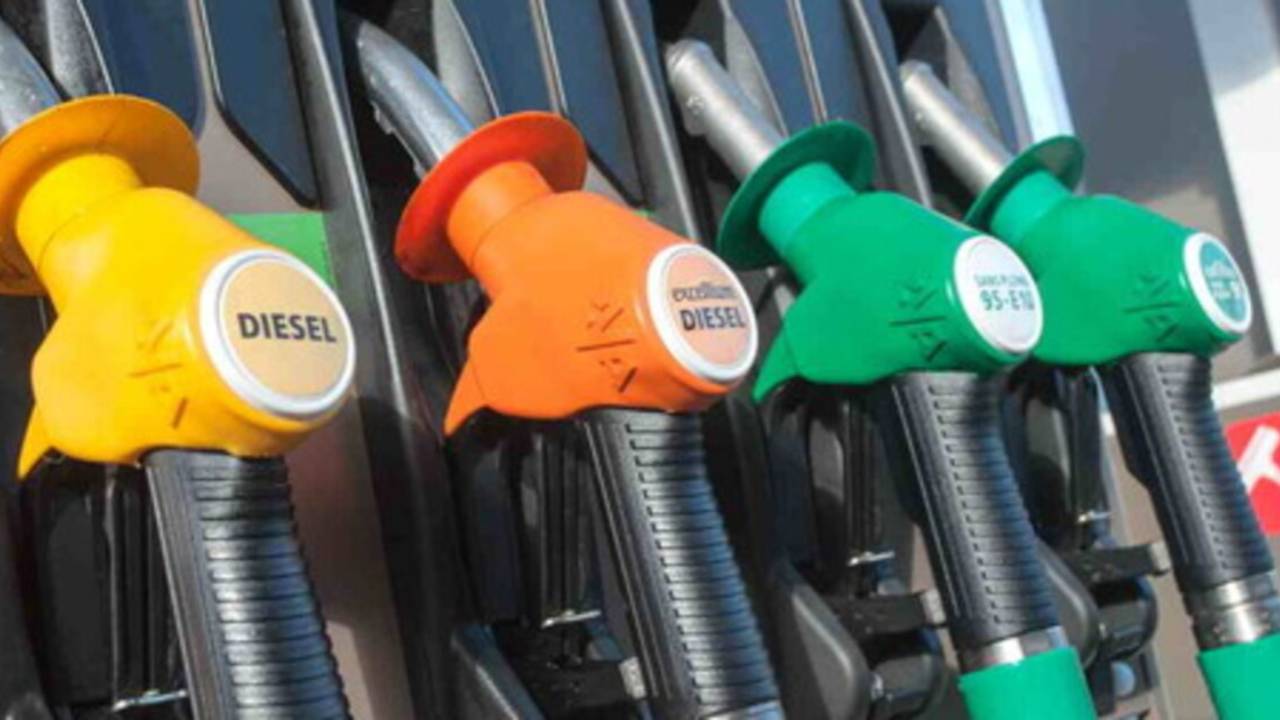Refueling is becoming increasingly complicated for millions of Italian motorists. Prices have skyrocketed again for a few weeks and for many the situation of expensive fuel is increasingly unsustainable. The Government has thought of various bonuses and benefits to meet certain categories of people. However, you have to be careful of the really valid ones. In fact, a dangerous scam on petrol coupons has been circulating online lately. What should you watch out for? Here are all the details about it.

The expensive petrol it’s a thorny topic, which has been causing anxiety to many people in the last period. In fact, filling up your car is increasingly becoming a “mission impossible” for many families in our country, struggling with rising prices in every sector of daily life.
The stop cutting excise duties, decided by the Meloni government, from 1 January 2023 it caused a sharp rebound in fuel prices. Diesel and petrol have once again exceeded 2 euros per liter in ‘served’ mode. The situation is slightly better for self-service, but the cost per liter is still very high.
To limit the problem, the Government has decided to introduce some income-based bonuses and more. For example, the 200 euro petrol bonus for employees can be provided by each employer. Furthermore, it will not contribute to income.
Unfortunately, however, some criminals try to exploit the worrying situation of expensive fuel in their favor. Indeed, a dangerous scam on petrol bonuses has been circulating on WhatsApp for some time now. The risk is that your checking account could be emptied. Let’s find out what you need to watch out for and all the details about this online scam.
Scam petrol coupons: here’s what you must NEVER do to avoid unpleasant surprises
If you want to save petrol, you can start taking advantage of the regular bonuses allocated by the government, combining everything with a constant driving style, moderate speed and many other factors. Several apps, for example, allow you to find the cheapest petrol stations in your area of residence. But let’s find out the scam that was thought up by some cyber criminals.

On the web, unfortunately, very often you can come across some scams related to phishing. Some bad guys, in fact, try to exploit the weaknesses of people with little experience in the field to make them believe they can make a profit in certain situations. Phishing is designed to trick a user into providing personal information and bank account information.
When you receive a strange or anomalous message, therefore, it is good to stop for a moment and understand if this writing can really be dangerous or not. Usually, the ways to find out about the phishing scam are easy enough to figure out. But some people are not careful and face very serious risks.
The latest online phishing attempt concerns alleged petrol coupons given to users. What happens? In practice, a message containing a specific link is circulating on WhatsApp. People are invited to click on the link to receive an alleged 100 euro petrol voucher.
A sort of protest against the war in Ukraine and against the consequent increase in prices in every sector, including fuel. Here is the nature of the message: “From today all ENI stations will give away 10,000 petrol vouchers worth 100 euros in protest against the government and the war”.
Always be wary of messages of this type. They NEVER come from official sources. They are just a poor attempt to exploit people’s moment of anxiety and concern. In fact, no one will ever give you money.

It will be important never to click on these links and not to provide any personal data at all. The risk is that criminals could actually empty your bank account. It becomes important never to provide your bank details and any other personal data.
The Postal Police informs: “These messages should be trashed, especially in the presence of attachments, which should never be opened. If in doubt, call a consumer association”.



